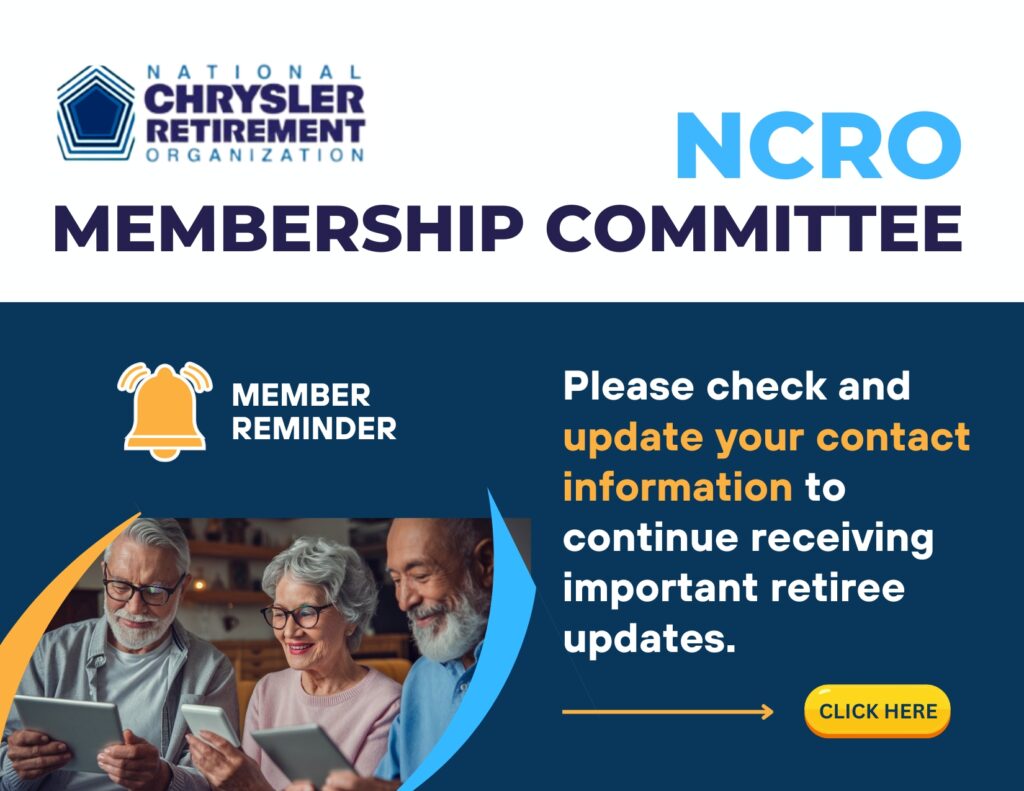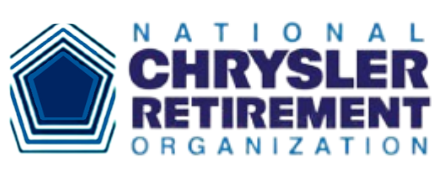As we age, many of us notice changes in our senses—especially taste and smell. A favorite meal might not seem as flavorful as it once was, or the aroma of fresh coffee might not be as strong. But is this loss of taste and smell a normal part of aging, or could it signal something more serious?
For members of the National Chrysler Retirement Organization, understanding these changes can help maintain a healthy and enjoyable lifestyle. Let’s explore what’s normal, what’s not, and what you can do about it.
How Taste and Smell Work Together
Taste and smell are closely linked. When we eat, our taste buds detect basic flavors like sweet, salty, sour, bitter, and umami (savory). Meanwhile, our sense of smell adds complexity—helping us distinguish between vanilla and chocolate, or rosemary and thyme.
As we age, both senses naturally decline, but significant loss can affect nutrition, safety, and quality of life.
Is It Normal to Lose Taste and Smell with Age?
Some decline is expected. Research shows:
- Taste buds shrink and regenerate more slowly after age 50, reducing sensitivity.
- The sense of smell weakens due to nerve endings and reduced mucus production in the nose.
- By age 80, nearly 75% of adults have some measurable smell loss.
However, complete or sudden loss is not normal and should be checked by a doctor.
Common Causes Beyond Aging
While gradual decline happens, other factors can worsen taste and smell loss:
- Medications – Blood pressure drugs, antihistamines, and some antidepressants can dull senses.
- Smoking – Damages taste buds and nasal passages.
- Chronic conditions – Diabetes, Parkinson’s, Alzheimer’s, and sinus issues can contribute.
- Dental problems – Gum disease or ill-fitting dentures affect taste.
- COVID-19 & other illnesses – Viral infections sometimes cause prolonged smell/taste loss.
Why It Matters
Losing these senses isn’t just frustrating—it can impact health:
- Reduced appetite leading to malnutrition or weight loss.
- Overusing salt or sugar to compensate, worsening blood pressure or diabetes.
- Missing danger signals like spoiled food, gas leaks, or smoke.
What You Can Do
While some loss is inevitable, these steps can help:
1. Enhance Flavors Naturally
- Use herbs, spices, citrus, and umami-rich foods (tomatoes, mushrooms, aged cheese).
- Try varying textures and temperatures to make meals more interesting.
2. Stay Hydrated
Dry mouth dulls taste—drink water and chew sugar-free gum to stimulate saliva.
3. Check Medications
Ask your doctor if any prescriptions could be affecting your senses.
4. Quit Smoking
Stopping smoking can gradually improve taste and smell.
5. Practice Smell Training
Sniff strong scents (like lemon, cloves, or eucalyptus) daily to help retrain the nose.
6. See a Specialist
An ENT (ear, nose, and throat doctor) or neurologist can check for underlying issues.
When to Seek Help
Consult a doctor if you experience:
✔ Sudden loss of taste/smell
✔ Persistent changes without a cold or allergy
✔ Accompanying symptoms like headaches, nasal congestion, or memory issues
The Bottom Line
Mild decline in taste and smell is a normal part of aging, but severe or rapid loss is not. By staying aware and making small adjustments, you can continue enjoying food, staying safe, and maintaining a high quality of life.
For more health tips and resources, stay connected with the Aging Committee of the National Chrysler Retirement Organization. We’re here to support you in living your best years!



